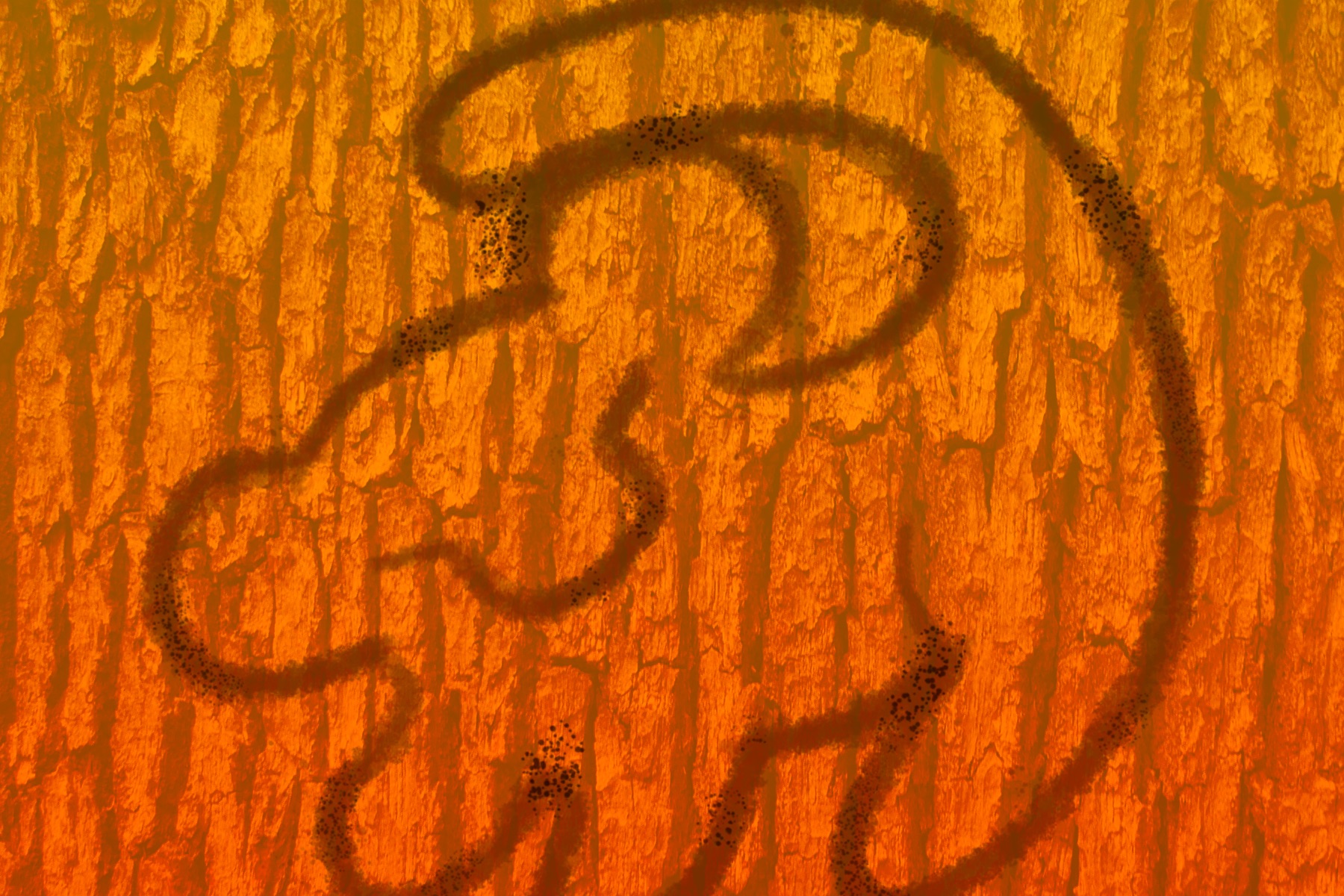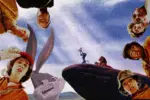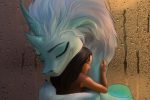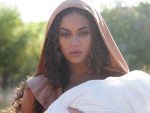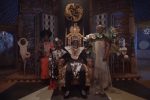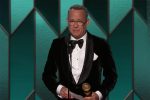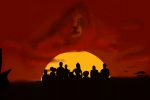Disney quickly took over the Dallas Cowboys’ Thanksgiving Day game when the new teaser trailer for the upcoming live-action “The Lion King” made its debut during a commercial break. The trailer, viewed 224.6 million times in its first 24 hours, has been long awaited by fans of the nostalgic franchise ever since Walt Disney Pictures confirmed the movie was in the works back in 2016. “The Lion King” will add to a string of successful live-action Disney remakes, including director Jon Favreau’s “The Jungle Book,” which scored big at the box-office and among critics.
While everyone seems to be extremely hyped about another Disney remake, many have been left wondering what live-action even means. Viewers of the trailer seemed slightly confused at “The Lion King” being described as such, because the film does not actually feature any real people wearing animal-inspired masks, much akin to the Broadway version of the film.
Rather, director Jon Favreau is using the same virtual cinematography technology used to create hyper-realistic looking animals in “The Jungle Book.” For the 2016 film, Favreau used computer animation, motion capture and footage of real-life animals to perfect the animals’ appearance and movement. It was important for the characters to look realistic but they also needed to line up with the sound and mannerisms of the voice-acting. In some cases, as was for Christopher Walken’s King Louie character, the physical appearances of the voice-actors were integrated into the animals as well. “The Lion King” is supposed to use the same methods, but to an even greater degree.
Similarly, “The Lion King” also features an all-star cast (which seems to be a pattern for all the Disney remakes being done). The curious and sometimes troublesome Simba is played by award-winning musician and actor Donald Glover — aka Childish Gambino — while James Earl Jones has reprised his 1994 role as Mufasa, the King of Pride Rock. Simba’s best-friend and future love-interest is played by the impeccable Beyoncé, who was Favreau’s first choice for the role.
Other stars include comedians Billy Eichner and Seth Rogen as the dynamic duo Timon and Pumbaa respectively, late-night host John Oliver as the over-protective Zazu, BAFTA winner Chiwetel Ejiofor as the no-good uncle Scar, and Eric Andre, Florence Kasumba and Keegan Michael-Key as Azizi, Shenzi and Kamari. In November it was announced that a new role had been created for actress and comedian Amy Sedaris.
While the casting of the film appears to be spot on, another key element of the original 1994 film, and for many the most memorable, is the music. Legendary film composer Hans Zimmer scored the music for the original movie, providing sweeping, tear-jerking suites to accompany the vastness of the film’s setting and story. Zimmer has returned to score the new movie, along with Elton John and Tim Rice, who wrote the iconic original songs like “Can You Feel the Love Tonight” and “I Just Can’t Wait to Be King.”
Thankfully for the fans, both of the aforementioned songs will make an appearance in the new movie, and for good reason, too. Without them, “The Lion King” simply wouldn’t be “The Lion King,” and at the end of day, the legacy of the movie is what will have fans flocking to the remake. While people of all ages will surely be buying tickets, rows after rows can be expected to be filled with seas of giddy ’90s kids, who, at least for a solid two hours, can relive their childhood once again.
Exactly what is it about “The Lion King” that’s made it the beloved film it has been since its release in 1994? The majority of the people I know name it is as their favorite Disney movie of all time, and a poll conducted by the Internet Movie Database (IMDB) had “The Lion King” at the top of their list for favorite Disney movies of the last few decades. Though contenders like “Beauty and The Beast” and “Frozen” put up a good fight, it always comes back to “The Lion King.”
At its heart, “The Lion King” is much more than a simple kids’ flick. Though it features colorful and exuberant musical numbers, some quippy humor and a cast full of animals rather than real-life people, the story bends closer to the traumas and emotionally charged experiences of humanity often avoided in classic Disney predecessors. Viewers witness heavy topics like death, family, revenge, guilt, sadness and romance all packed together into one film whose epic scope spans the African plains. In a sense, the story and its grandness is Shakespearean in nature, with the relationship between Mufasa, Simba and Scar offering a twist on “Hamlet” for a modern audience, one perhaps too young to understand the parallels, but certainly old enough to feel its impact.
The strength of the film’s lessons — which weigh in on topics like leadership, individuality, finding your roots and knowing your worth — tied with the catchy music, beautifully done animation and heartwarming characters who balance humor and wisdom in perfect harmony, have made “The Lion King” unrivaled in Disney history. A winner of two Academy Awards, two Golden Globe awards, selected for preservation in the United States National Film Registry by the Library of Congress and spawning a critically acclaimed Broadway musical, the movie has left its mark on the world in more ways than one may think.
You don’t need to be a kid, a Disney-lover, a nostalgic movie-goer or even a lover of the cinema to enjoy “The Lion King,” you just need to be human. So, come July 2019, sit back, grab some popcorn and prepare your tissues; once “The Circle of Life” begins to ring out through the speakers and that familiar sun rises over the horizon, there is simply no going back.


